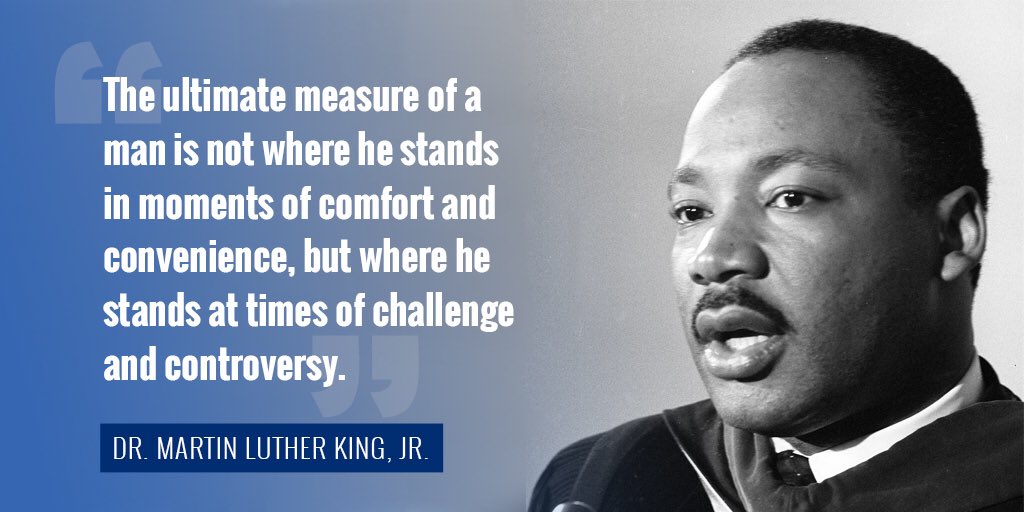
No injustice here
Defenders of the status quo when faced with the injustice of the system defend it by saying in so many words, “No Injustice Here.”
We watch and hear the Republicans deny that there is systemic racism, police brutality, a pandemic. With people dying, like the proverbial ostrich with its head in the sand, they outright deny the facts in front of them. As Kellyanne Conway, President Trump's spokesperson, has proclaimed on national TV, the Trumpists believe in “alternative facts.” To them everything is “fake news” and a “hoax.”
Whatever unjust behavior occurs is explained by there being “just a few bad apples” and the “blue wall of brotherhood” prevents truth tellers and whistleblowers from stating and verifying the facts.
The idea of false equivalencies is promoted as President Trump declares that there are good people on both sides. And these disingenuous lies contribute to mystification or what also is called “gaslighting” where witnesses are told not to believe their own eyes and to question their own experience to the point where the person fears for their sanity.
And so people are bamboozled and conned and as in 1984 lies become truth, war becomes peace, and sanity becomes “fake” and “a hoax.”
Like the little boy in the child’s fairy tale, the emperor has no clothes and in saying so the little boy puts himself at risk of punishment so his loving mother shushes him.
As Unitarian Universalists we covenant together to affirm and promote justice, equity, and compassion in human relations, and acceptance and encouragement to spiritual growth. The application of these principles is based on honesty, truth, genuineness, and authenticity. UUs are willing to call a spade a spade, take the bull by the horns, and put their egos at risk for the betterment of the soul.
